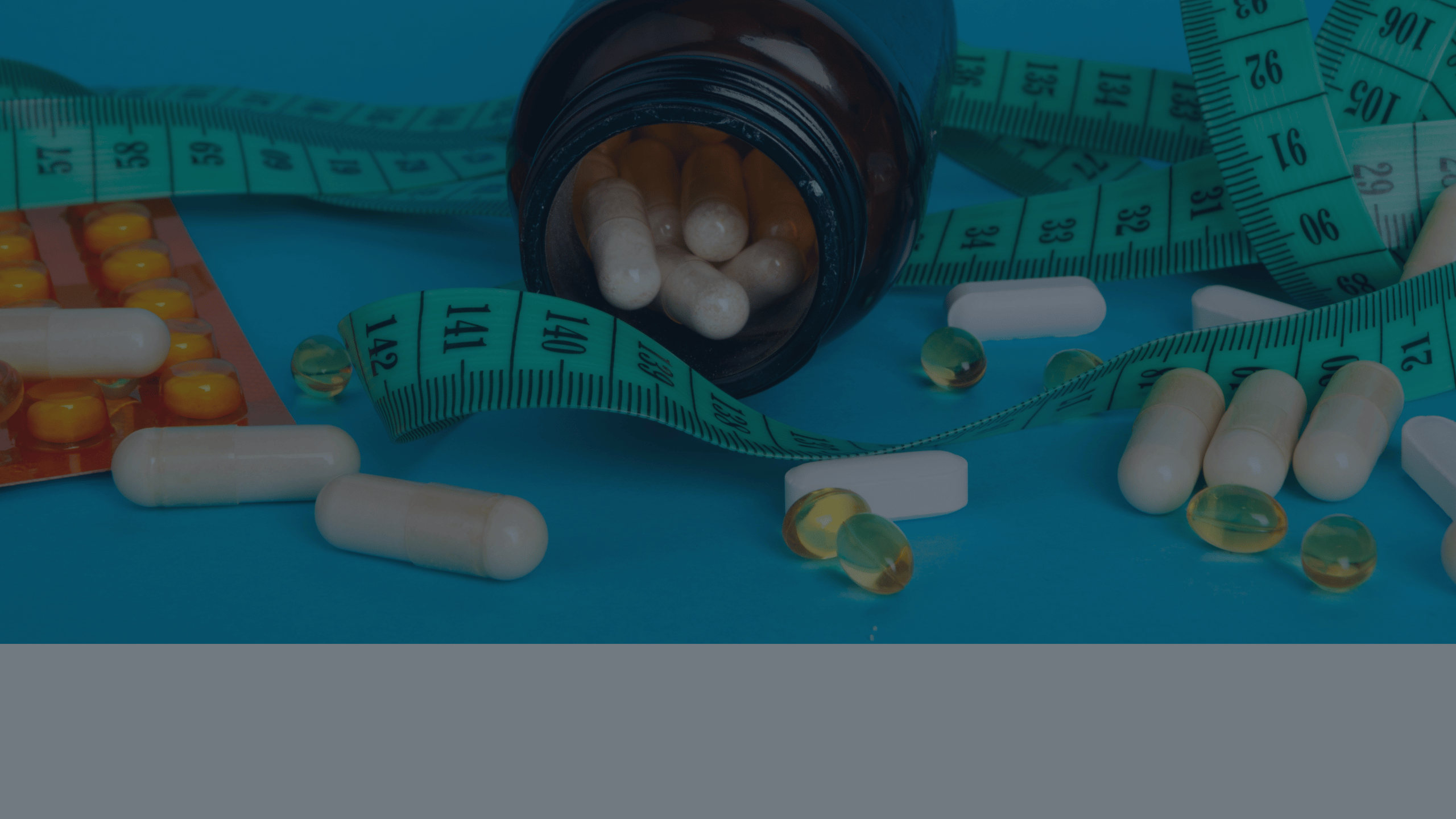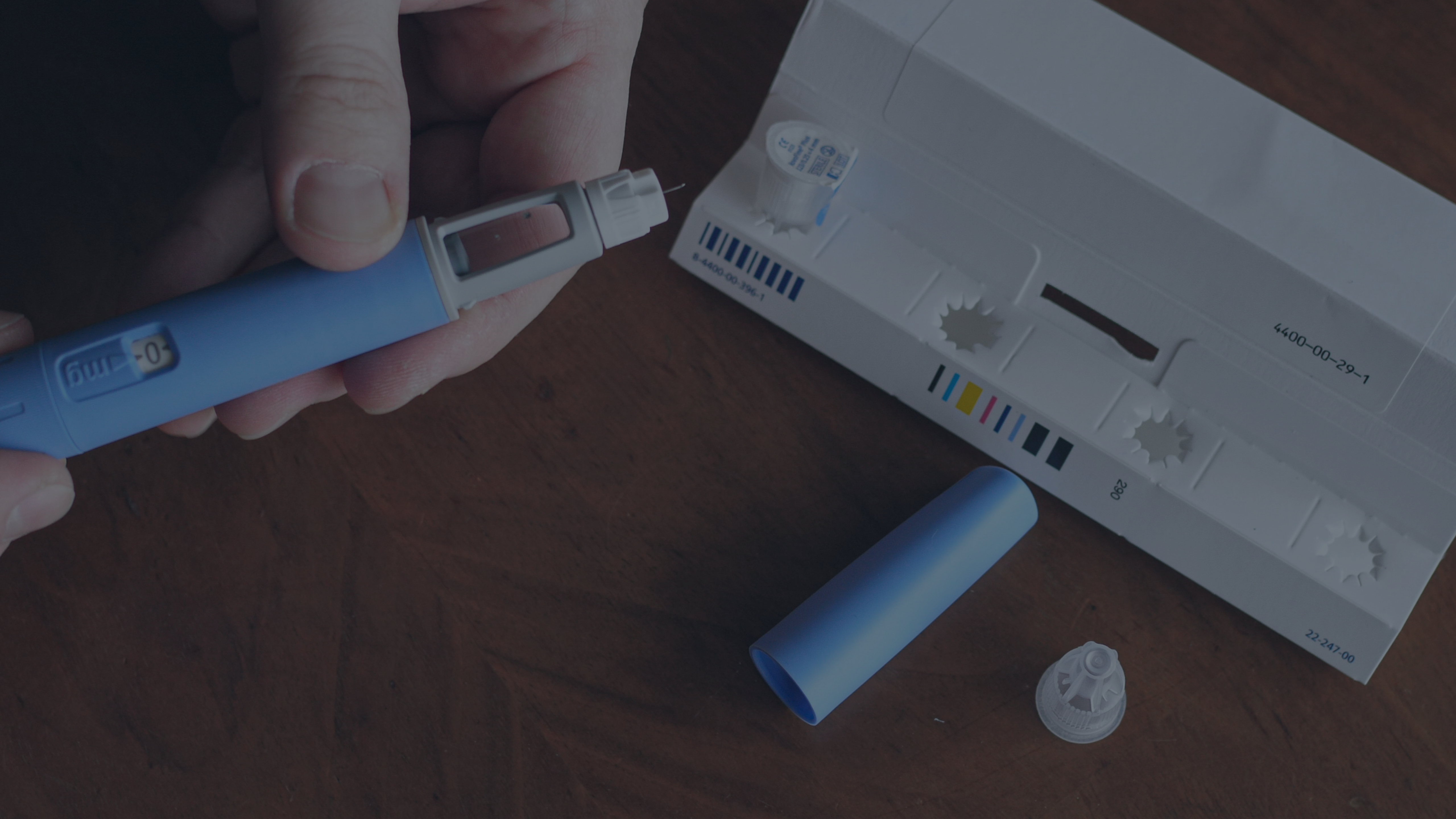The United States of America is a leading country in the clinical trial landscape and for new drug developments. With a sophisticated regulation process and highly qualified medical researchers and personnel, the US is an ideal location to deploy a clinical trial. At the time of writing this, over 160 000 clinical trials are being conducted in the States. Despite this, several challenges still hinder the progress and approval from conducting a trial within the country’s borders. These challenges include:
- The influence of state law on US clinical trials
- The role of FDA compliance in US clinical trials
- Complex US tax and duty structure
- Navigating the US clinical trial approval process
- The impact of decentralized clinical trials
- Supply chain management and logistics
This blog will explore the difficulties and challenges encountered when deploying clinical trial shipments in the US and how partnering with a reliable medical IOR can help establish a successful outcome.
1. The influence of state law on US clinical trials
Each state in the US is governed by different laws. As a result, state laws can greatly influence clinical trials and impact trial sponsors who wish to import medical goods. Sponsors need to bear the following considerations in mind:
State Sales Tax
Some states impose a sales tax on medical devices and clinical trial products. Trial sponsors must check the tax laws and regulations for all the states they wish to import to and determine if any exemptions or credits are available for clinical trial products. Otherwise, sponsors will need to pay the applicable state sales tax.
Licensing and Registration
Some states may require trial sponsors to obtain a license or registration to import medical goods or conduct clinical trials. These requirements can vary depending on the type of product and the trial’s location. Failure to comply with state licensing or registration requirements can result in penalties or legal consequences.
Product Liability
State law can impact the liability of sponsors for injuries and damages caused by medical devices used in US trials. Some states have specific laws or regulations governing product liability in clinical trials, which may differ from federal laws or regulations. Trial sponsors should consult with legal counsel to ensure compliance with all applicable laws and regulations related to product liability.
Privacy and Data Security
Some states have their own data privacy laws that impose additional requirements on clinical trials. This includes mandatory data breach reporting or data retention requirements. As a result, sponsors should act accordingly to protect participant data.
Sanctions and Embargoes
The US government maintains economic sanctions against countries such as Iran, North Korea, Cuba, and Syria, which restrict trade with these countries. This can make it difficult to import products used in clinical trials from these countries or to export trial data or samples back to these countries for analysis. In addition to country-level sanctions, the US government may also impose targeted sanctions on specific entities, such as individuals or companies, for their involvement in activities deemed harmful to US national security or foreign policy objectives. These targeted sanctions can also impact the importation of clinical trial goods if the sanctioned entity is involved in manufacturing, distributing, or transporting the products.
Therefore, state laws can significantly impact clinical trials, and sponsors who wish to import medical goods will need to work with the relevant parties to comply with all laws and regulations.
2. The Role of FDA Compliance in US Clinical Trials
The US Food and Drug Administration (FDA) has a critical role to play in the regulation of clinical trials in the United States. This is an important aspect to consider for any trial conducted in the US to ensure compliance and approval to run the trial. Among many others, there are five key features of the clinical trial that needs to be FDA approved:
Investigational New Drug (IND) Application
Sponsors must obtain FDA approval of an IND application before conducting a clinical trial in the United States. The IND application provides the FDA with detailed information about the product being studied, the proposed clinical trial design, and the current safety and efficacy data. The FDA reviews the IND application to ensure that the proposed clinical trials meet the agency’s safety and ethical conduct requirements.
Clinical Trial Protocol
Sponsors must develop a clinical trial protocol that outlines the objectives, design, methodology, and statistical analysis plan for the trial. The protocol must then be reviewed and approved by the FDA as part of the IND application process. Sponsors must also obtain Institutional Review Board (IRB) approval before beginning the clinical trial.
Safety Monitoring
As with any clinical trial, sponsors are responsible for monitoring the safety of the participants and reporting any adverse events to the FDA. The FDA has established guidelines for such reporting, including the event’s severity and the report’s timing.
Data Monitoring
The FDA may conduct inspections of clinical trial sites to ensure that the data that the sponsors are responsible for monitoring is accurate and reliable.
New Drug Application (NDA)
If the clinical trial succeeds, sponsors must submit an NDA to the FDA for approval to market the product. The NDA includes data from the clinical trial as well as information about the product’s manufacturing, labelling, and proposed use. The FDA will then review the NDA to determine whether the product is safe and effective for its intended use.
Any clinical trial sponsor operating in the US must work closely with the FDA to ensure that the trial complies with all the relevant regulations and ethical standards.
3. Complex US tax and duty structure
The tax implications and costs for medical device and clinical trial imports in the US can depend on numerous factors, such as the type of product, its value, and the country of origin. Some costs that the sponsors need to consider include:
Customs Duties
Medical devices are subject to customs duties calculated based on the Harmonized Tariff Schedule (HTS) classification of the product. The duty rates for medical devices may differ based on the specific product and country of origin. For example, the duty rate for certain medical devices from China may be higher than those from other countries due to trade tensions and tariffs imposed by the US government. On the other hand, clinical trial products may be exempt from customs duties if they are imported for use in an FDA-approved trial.
Value-Added Tax (VAT)
There is no federal VAT in the United States, but certain states may impose their own sales tax on medical devices and clinical trial products. As already discussed, the sales tax rates can vary by state and even locality within the state, but the average rate is 8.2%.
Excise Tax
In America, medical devices and clinical trial products are generally not subject to excise tax, but there are some exceptions such as certain implantable medical devices.
FDA User Fees
Medical devices and clinical trial products may also be subject to user fees imposed by the FDA. These fees, while not fixed, are designed to fund the review process for new medical devices and other products.
Consequently, the tax implications and costs for medical device and clinical trial imports into the US can be intricate. Importers should consult with a customs broker or tax professional to determine the specific duties and taxes applicable to their products and to ensure tax compliance with all relevant regulations.
4. Navigating the US clinical trial approval process
The time it takes to get a clinical trial approved in the US can vary depending on many factors, including the complexity of the trial, the type of product being studied, the quality of the clinical trial application, and the workload of the FDA at the time of submission.
In general, it can take several months to a year – sometimes more- to obtain FDA approval and be deemed compliant for a clinical trial in the United States. The steps to getting a trial approved can be broken down into the following steps:
IND Application
As mentioned earlier, trial sponsors need to submit an IND application to the FDA before starting a new trial in America. The FDA has 30 days to review the application and determine whether the proposed trial can proceed. If the FDA has any questions or concerns, this can extend the approval process timeline.
IRB Review
Before initiating the trial, sponsors must obtain IRB approval for the clinical trial protocol. This part of the approval process typically lasts between 1-2 months depending on the institution and complexity of the trial.
FDA Review of Protocol
Based on the extensive role the FDA plays in any clinical trial, the timeline for the agency to review the trial protocol can be lengthy. Depending on the FDA’s workload and the intricacy of the trial, the FDA can take 3-6 months before providing feedback.
Site Initiation
After receiving approval from the FDA and the IRB, sponsors must initiate the trial at each clinical trial site. Subject to the number of sites involved in the clinical trial, this process can take weeks or months.
Recruitment and Enrolment
This step in the approval process can easily become the longest, as the availability of eligible participants can be scarce, and sponsors will need to begin recruiting as early as possible, pending the outcome of the other steps in the approval process.
Overall, getting clinical trials approved and initiated in America can take anywhere from six months to over a year. However, this timeline can vary widely and is contingent on the specific circumstances of the trial. Sponsors need to plan ahead and have in-depth knowledge of the approval process to ensure a timely and efficient review process and become compliant much sooner.
5. The impact of decentralized clinical trials
Decentralized clinical trials have become increasingly popular in the US and worldwide, especially in the wake of the COVID-19 pandemic. Decentralized trials make use of remote technologies to collect data from participants, instead of requiring them to visit a physical site for study procedures.
The rise of decentralized trials has made great strides in the clinical trial landscape. Including, increased efficiency that has allowed for faster recruitment, lower costs, and more timely data collection. Furthermore, decentralized trials can also expand access to trials by allowing enrolment from anywhere with an internet connection, which can increase the diversity of the study and reduce barriers to participation.
However, there are complications that sponsors and CROs need to consider when initiating a decentralized clinical trial:
Working with new technologies
Decentralized trials require new technologies and platforms for data collection and data management, such as mobile apps, wearable devices, and telehealth platforms. Sponsors and CROs must be familiar with these technologies and ensure they are secure, reliable, and compliant with regulatory requirements and data security.
Operational challenges
Decentralized trials may pose operational challenges, such as ensuring participant engagement and retention, managing data from multiple sourcing, and safeguarding the quality of data collected remotely. CROs and sponsors must be prepared to address these challenges and adapt their trial designs and protocols accordingly.
Decentralized trials have the potential to transform the clinical trial landscape across the globe, not just in the US. Nonetheless, sponsors and CROs must be equipped to manage the regulatory, operational, and technical challenges of these innovative trial designs.
6. Supply Chain Management and Logistics
The shipping of clinical trial materials, such as study drugs, samples, and equipment, is a critical aspect of the trial process that must be carefully managed to ensure that the trial proceeds smoothly and that the integrity of the materials is maintained. Many products are sensitive to temperature, light, or other environmental factors, which can affect their stability and efficacy. Due to the size of the country, this can be a particular concern in the US, which experiences a wide range of temperatures and environmental phenomena depending on the season and location.
Additionally, shipping clinical trial materials in the US can also be complicated by the distance and location of the trial sites. Clinical trials are sometimes conducted in remote or rural areas, sometimes even on opposite sides of the country, which can make the logistics of a clinical deployment more challenging. This can be further compounded by the fluctuating weather conditions between states.
To overcome these challenges, sponsors and CROs must use specialized transportation to ensure that products and samples maintain their integrity throughout the shipping process. This can include the use of refrigerated containers, thermal blankets, and temperature data loggers to monitor the temperature of the materials, windowless transport to control light exposure, and reinforced interiors to secure the stability of materials throughout the shipping process.
How an expert medical IOR can streamline your US clinical trial.
An Importer of Record (IOR) can play a critical role in supporting clinical trials with the regulatory and operational challenges associated with importing medical devices and conducting successful trials, including decentralized trials.
As a specialist medical IOR experienced in importing clinical goods into the US, TecEx Medical can help. Our IOR services can provide valuable support to sponsors and CROs throughout the clinical trial process, including:
- Importing and exporting of medical devices and trial materials
- Handling tax and duty complications at state level
- Managing supply chain and logistics from start to finish,
- Project management and strategic advice for proper pre-planning support
- Mitigating compliance risks that could delay trial approval
By partnering with an experienced IOR, sponsors and CROs can reduce the challenges associated with clinical trial deployments, allowing them to focus on their core research activities.
Make clinical deployments in the US easier by contacting TecEx Medical today.





